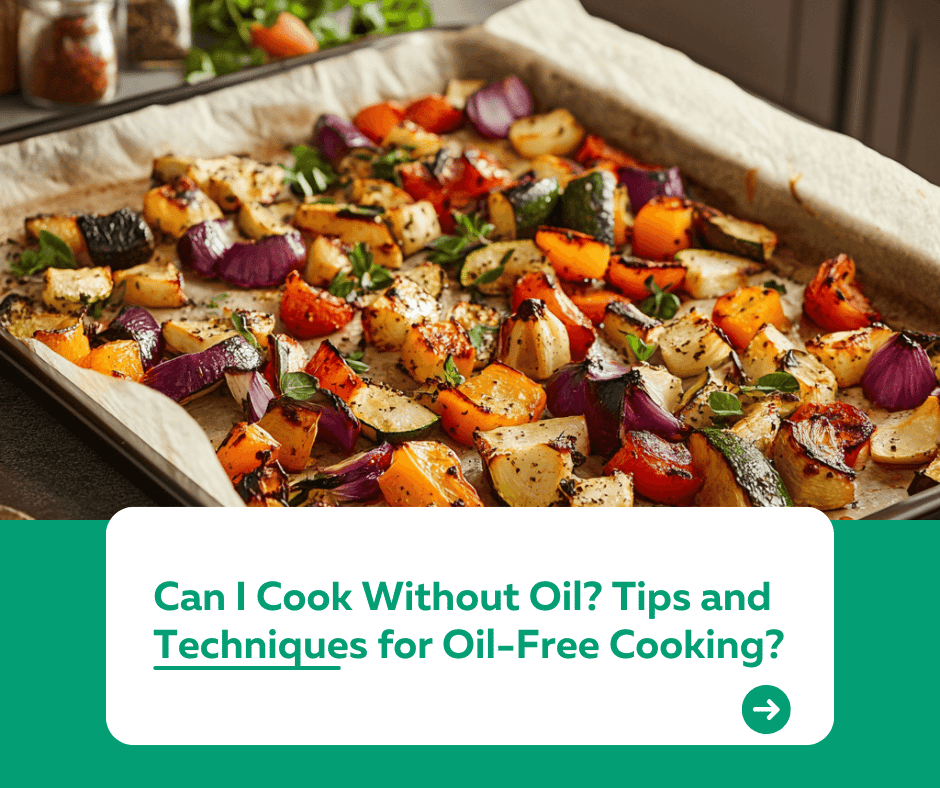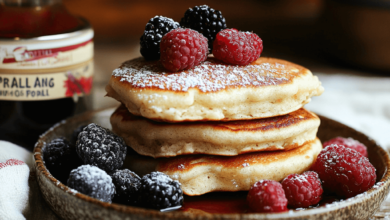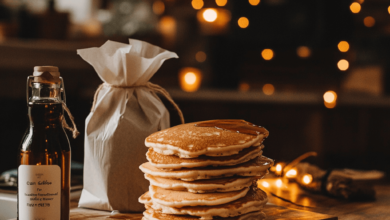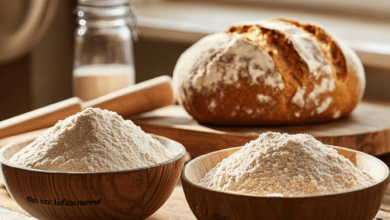Can I Cook Without Oil? Tips and Techniques for Oil-Free Cooking?

Introduction
Oil is a staple ingredient in many recipes, but have you ever wondered, can I cook without oil? The answer is yes! Whether you’re looking to reduce calories, follow a healthier diet, or explore plant-based cooking, there are plenty of ways to prepare delicious meals without oil. This guide explores oil-free cooking techniques and tips for flavorful, satisfying dishes.
1. Why Cook Without Oil?
- Health Benefits: Reducing or eliminating oil can help lower calorie intake and promote heart health.
- Dietary Preferences: Many plant-based or whole-food diets advocate for oil-free cooking.
- Environmental Impact: Reducing oil use can minimize waste and support sustainable cooking practices.
2. Oil-Free Cooking Techniques
2.1 Sautéing Without Oil
- Use vegetable broth, water, or wine to sauté onions, garlic, and vegetables.
- Start with a hot nonstick pan and stir frequently to prevent sticking.
2.2 Baking Without Oil
- Substitute oil with applesauce, mashed bananas, or yogurt in baked goods.
- Use parchment paper or silicone baking mats to prevent sticking.
2.3 Roasting Without Oil
- Toss vegetables with lemon juice, balsamic vinegar, or spices for flavor.
- Use a nonstick baking sheet or line with parchment paper.
2.4 Frying Without Oil
- Air fryers are a great alternative for crispy textures without oil.
- Coat food in breadcrumbs or batter and bake at high heat for similar results.
2.5 Greasing Pans Without Oil
- Use nonstick pans, silicone molds, or dust with flour for baking.
- Rub a small amount of avocado or nut butter for natural alternatives.
3. Ingredients That Replace Oil
- Fruits and Vegetables: Mashed bananas, applesauce, or pumpkin puree for moisture in baked goods.
- Nut Butters: Almond or peanut butter for richness in recipes.
- Dairy Alternatives: Yogurt, sour cream, or milk for creamy textures.
- Liquid Alternatives: Vegetable broth, water, or coconut milk for cooking and sautéing.
4. Flavoring Without Oil
- Enhance flavors with herbs, spices, and citrus zest.
- Use marinades made from vinegar, soy sauce, or mustard for depth.
- Add a splash of coconut milk or almond milk for creaminess.
5. Benefits of Cooking Without Oil
- Calorie Control: Oil-free cooking reduces calorie density in meals.
- Enhanced Flavors: Without oil, the natural flavors of ingredients shine through.
- Improved Health: Supports weight management and heart health by reducing saturated fats.
6. Common Questions About Oil-Free Cooking
Will food stick to the pan?
- Use high-quality nonstick cookware or silicone baking mats to prevent sticking.
Will food still taste good?
- Absolutely! Use seasonings, sauces, and natural alternatives to boost flavor.
What about fried foods?
- Try air frying or oven-baking for crispy results without the need for oil.
Conclusion
Yes, you can cook without oil and still create delicious, flavorful meals. With the right techniques and ingredient swaps, oil-free cooking is easy, healthy, and satisfying. For more tips and inspiration, visit our Kuestion.com.



